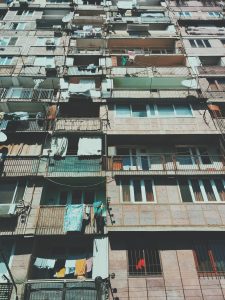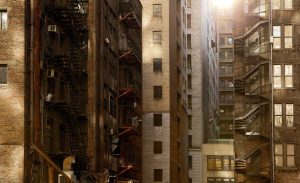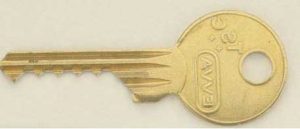 There are no shortages of older buildings in San Francisco. While these old homes and apartment buildings may have their own charm, they also often have lead paint since it was not banned until 1978. When lead-based paint is in good shape, it poses little health threat to you or other renters. However, older and poorly maintained units can have lead paint that is chipping, peeling off the walls, and contributing to a great deal of contaminated dust. If you believe your unit has lead paint or you know it has lead paint and it is causing your health issues, call a San Francisco tenant rights attorney from Brod Law Firm as soon as possible.
There are no shortages of older buildings in San Francisco. While these old homes and apartment buildings may have their own charm, they also often have lead paint since it was not banned until 1978. When lead-based paint is in good shape, it poses little health threat to you or other renters. However, older and poorly maintained units can have lead paint that is chipping, peeling off the walls, and contributing to a great deal of contaminated dust. If you believe your unit has lead paint or you know it has lead paint and it is causing your health issues, call a San Francisco tenant rights attorney from Brod Law Firm as soon as possible.
The Potential Dangers of Lead Paint
Lead is a highly toxic metal that can cause individuals both minor and serious health problems. When too much lead is absorbed into the body, it can cause seizures and lead to damage in the brain and other vital organs like the kidneys. Lead is particularly dangerous for kids and pregnant women. Even small amounts of lead in kids younger than 6 can lead to mental and physical developmental issues, according to the Mayo Clinic. For pregnant women, high lead levels in the body can increase the risk of miscarriage, early birth, low birth weight, health issues for the fetus, and developmental delays in the child.
 San Francisco Injury Lawyer Blog
San Francisco Injury Lawyer Blog









